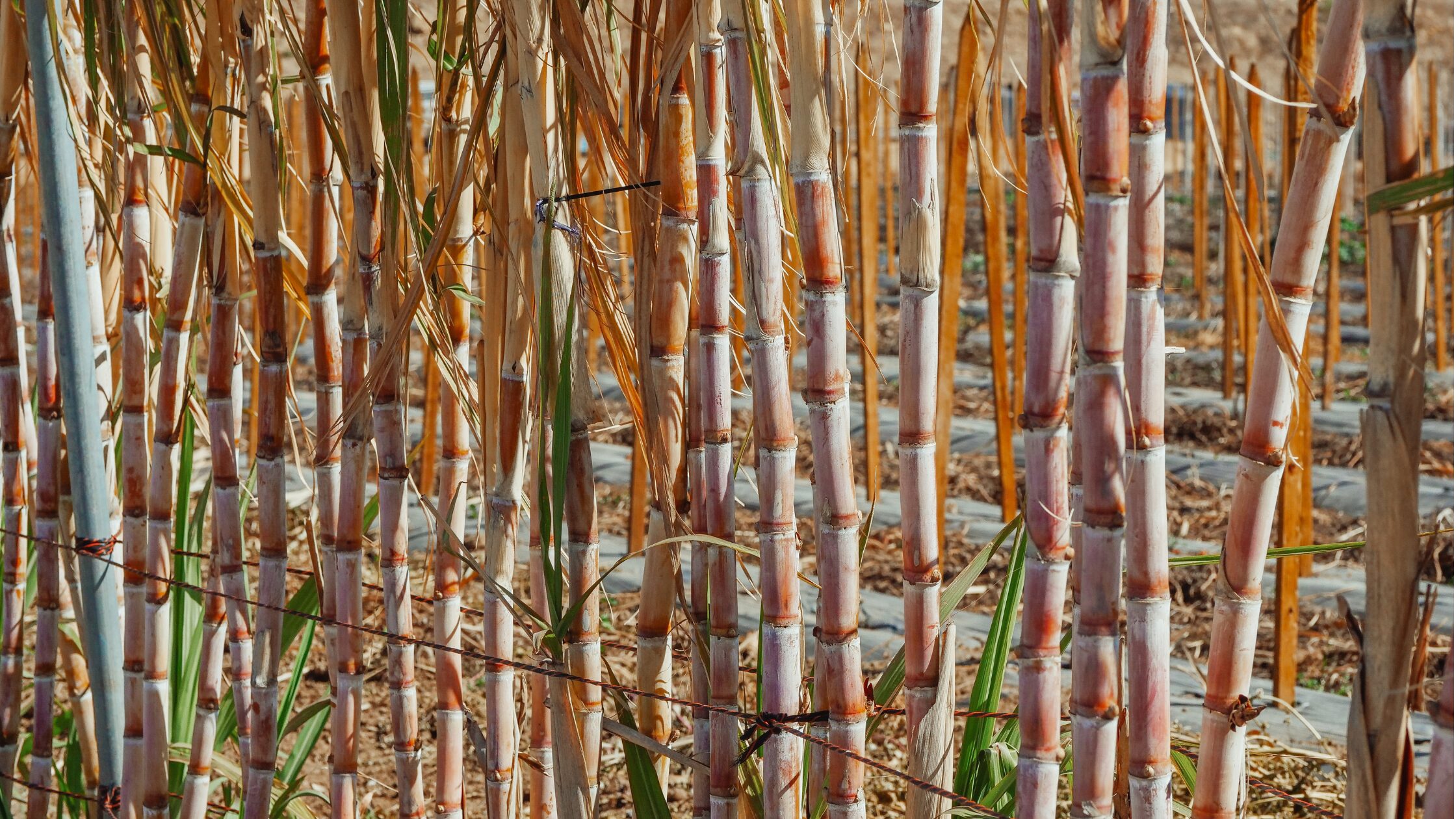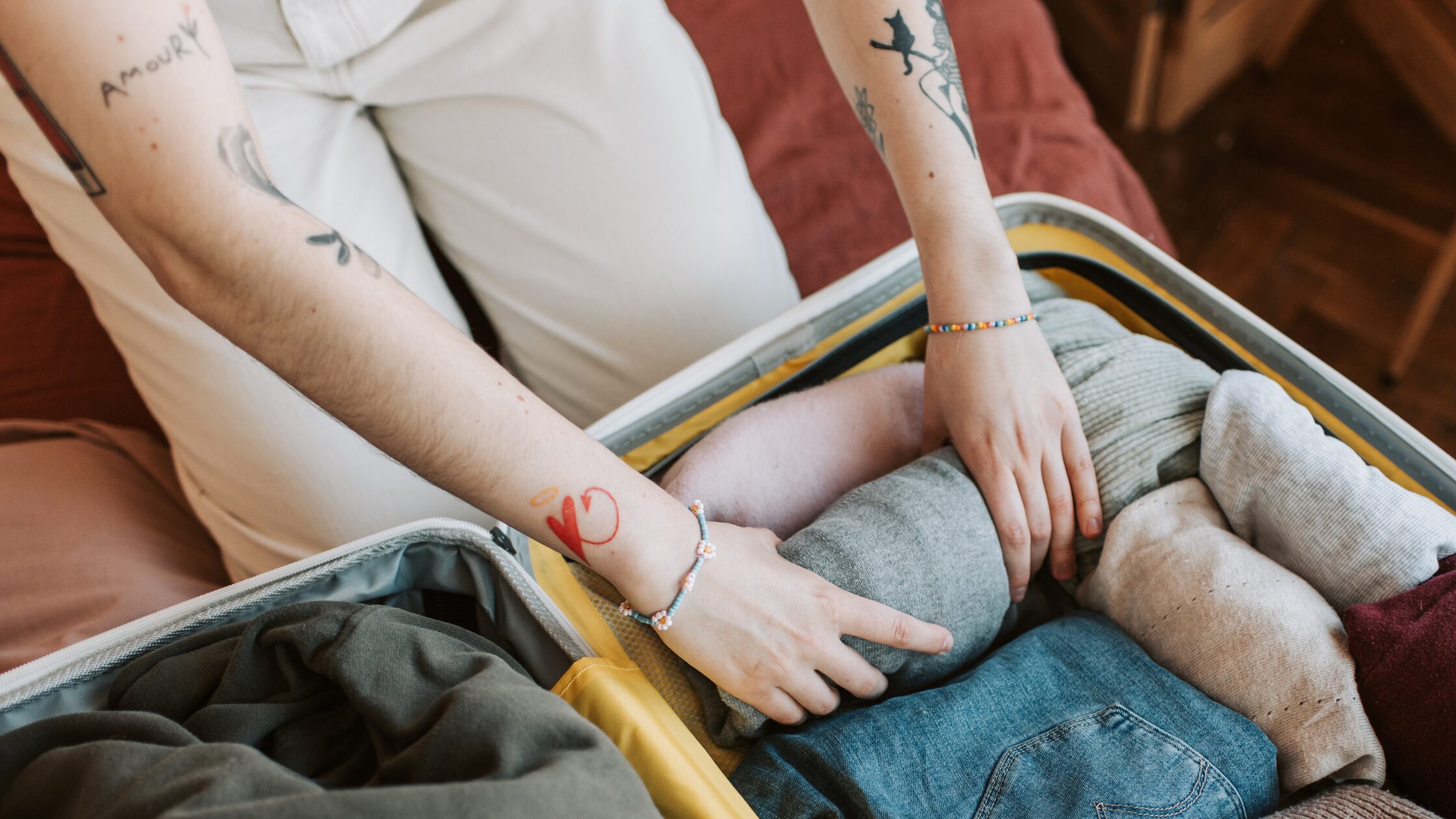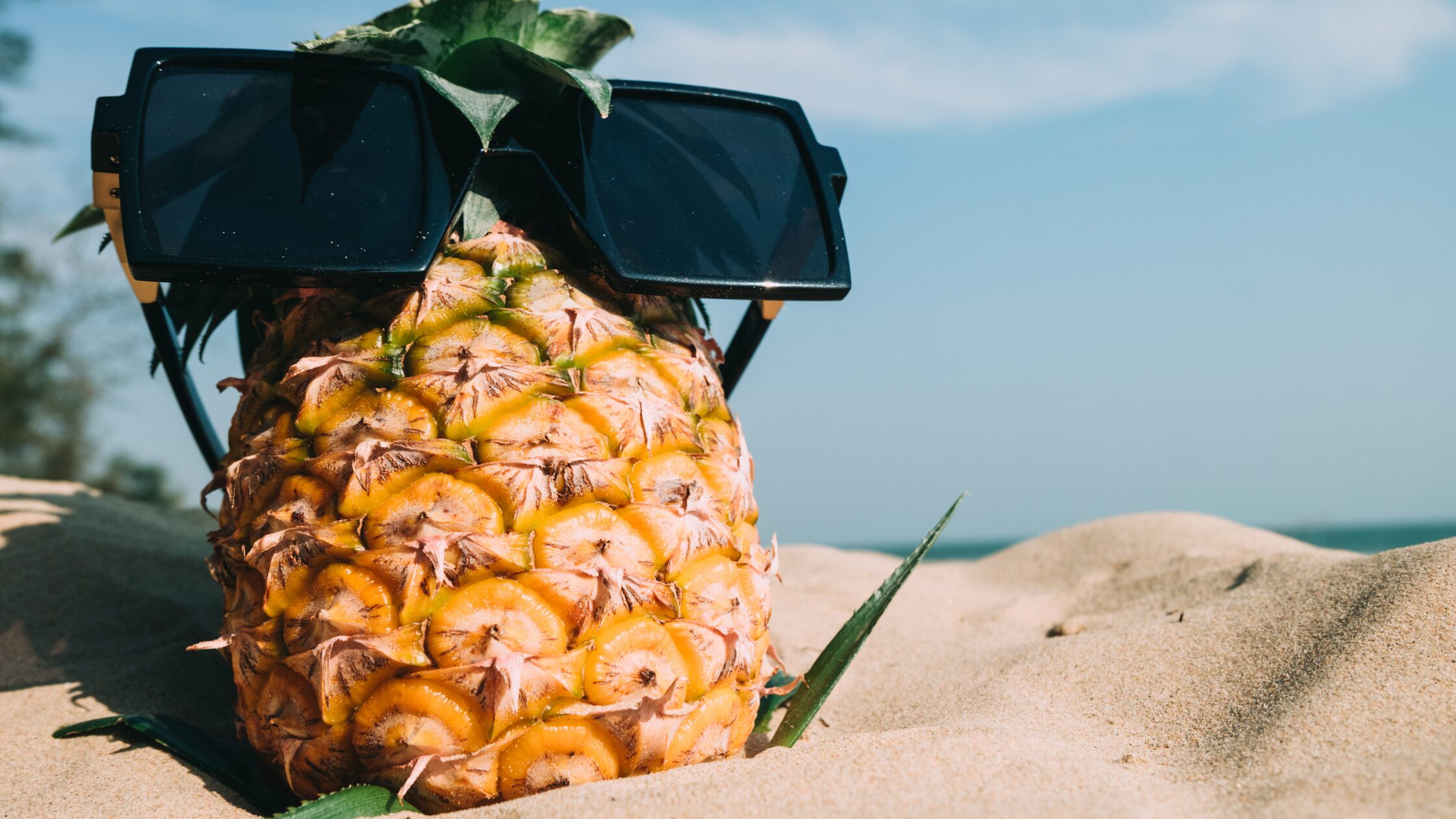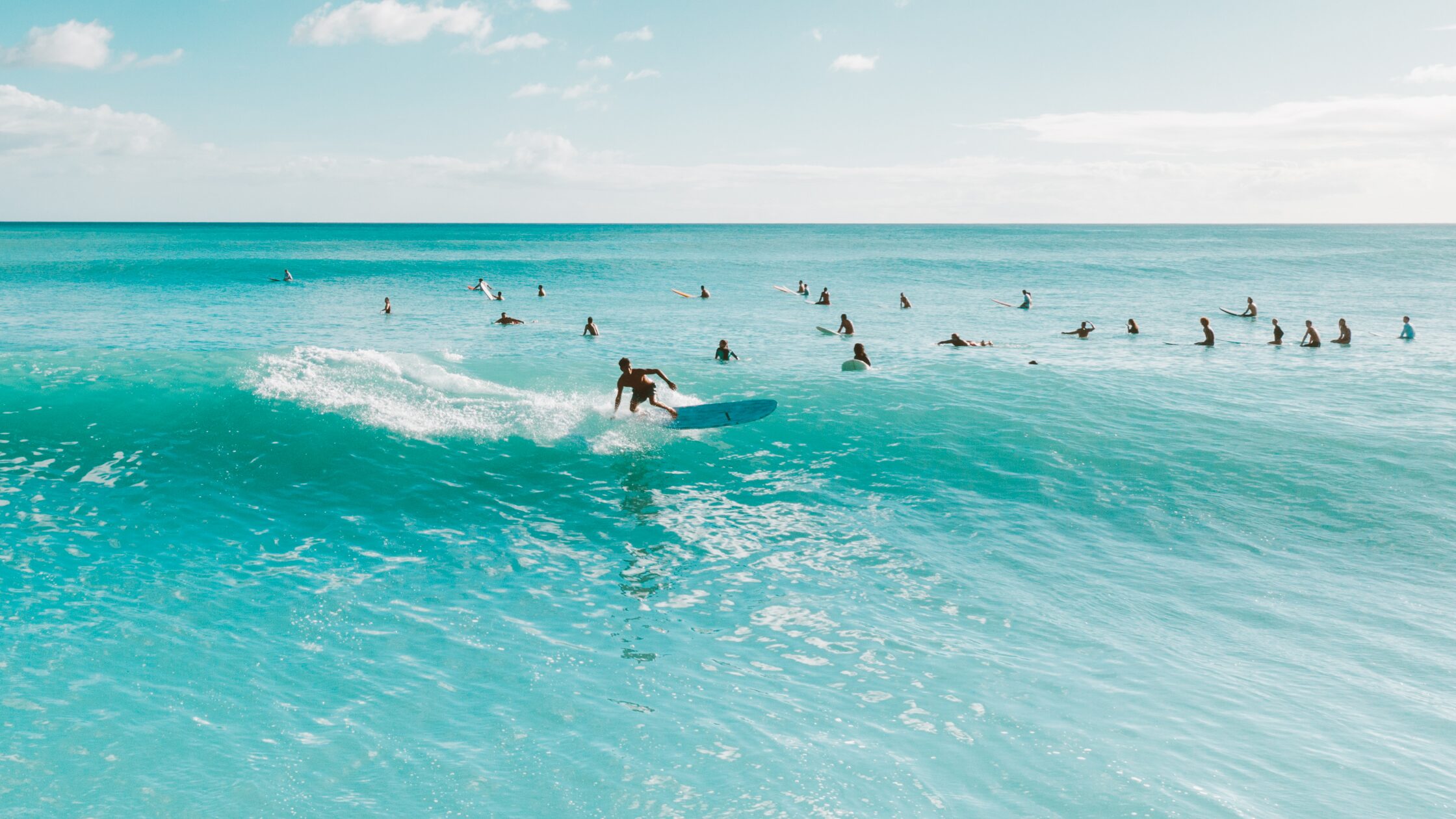Don’t drink the tap water in Fiji. Our advice is that when you visit the local supermarket or convenience store, stock up on bottled water to drink. Why not drink straight from the tap? Well, here’s what you need to know about the safety of drinking water in Fiji:
Tap Water
1. Quality
In urban areas and most resorts, tap water is treated and generally safe to drink. However, a recent AUT University (New Zealand) study of 25 random sites from Nadi to Lautoka found all samples to have bacterial contamination and turbidity levels above WHO limits.
Fiji’s cities and towns follow water quality standards, providing treated and potable water. However, according to Southern Cross Travel Insurance diarrhoea caused by poor quality water consumption is one of the leading problems concerning their clients visiting urban Fiji.
Even when water is usually treated and safe, storms can disrupt the water supply and introduce microbes and other organic matter which temporarily degrade quality.
The bottom line? Don’t drink the tap water, even if it is probably safe to do so. You don’t want Coliforms microbes to ruin your precious holiday!
2. Rural Areas
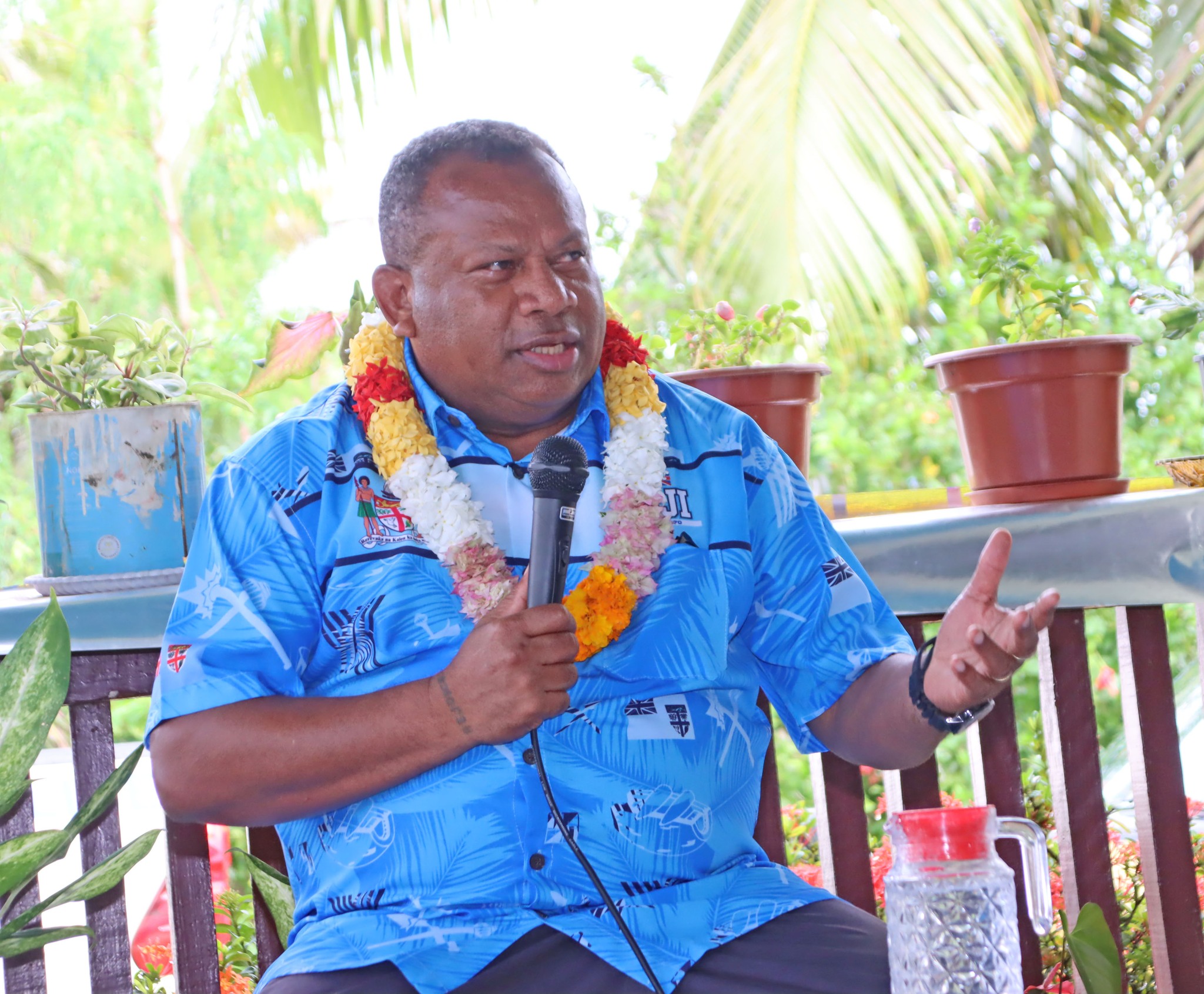
In some rural or remote areas, tap water may be sourced from less-well treated facilities, and it’s advisable to check locally. Water safety has been an ongoing concern for years according to the government. Rural Development Minister Inia Seruiratu has been quoted in a recent Fiji Times article as saying:
“Water is a basic need and I am glad that women and children who are also here will benefit too as they are the ones who always feel the difficulties when we do not have sufficient or poor quality water,”
Rural Development Minister Inia Seruiratu speaking at the commissioning of the water project in Coqeloa and Wailoaloa outside Labasa Town
3. Precautions
To ensure safety, you can use water purification tablets or boil water, especially in less developed regions.
Bottled Water
1. Availability
By some measures, Fiji’s biggest export by value is water! You’ve probably seen Fiji Water in their distinctive square bottles at you local grocery shop. Bottled water is widely available and easily accessible throughout Fiji. It is cheaper to buy a pack from a supermarket than individually, especially on remote islands. If you’re island-hopping, stock up before you go to save money.
Most resorts, hotels, and stores offer a variety of bottled water brands.
2. Convenience
Opting for bottled water is convenient and ensures a consistent standard of quality. Tap water quality varies widely from place to place.
3. Environmental Considerations
Fiji promotes eco-friendly practices, so consider using a reusable water bottle and refilling it when possible.
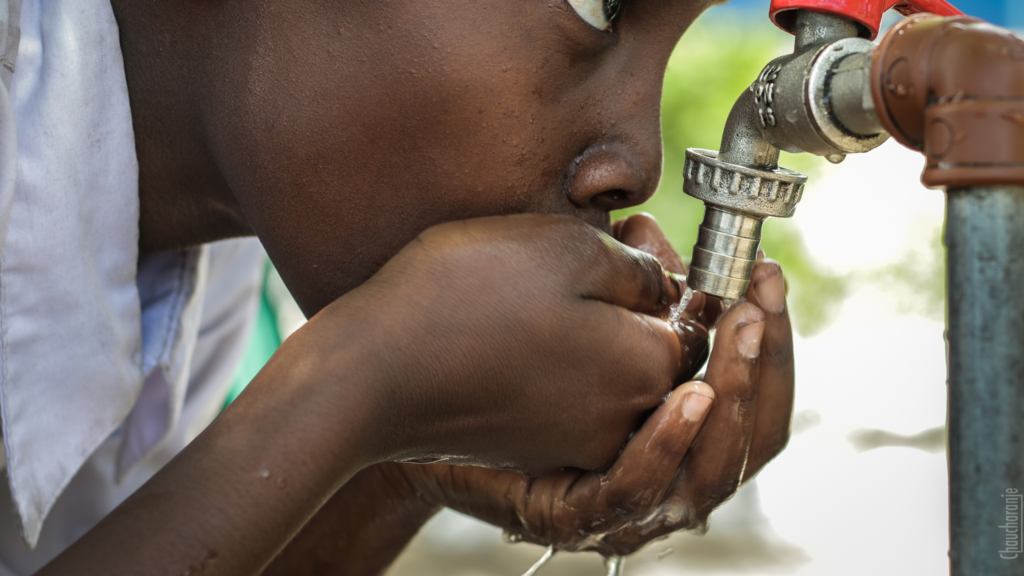
Tips for Safe Drinking:
1. Check Locally
When in doubt, ask locals or accommodation staff about the safety of tap water in specific areas.
2. Stay Hydrated
Regardless of your choice, staying hydrated is crucial, especially in Fiji’s tropical climate.
3. Environmental Responsibility
Contribute to environmental conservation by minimizing plastic waste. Reuse a water bottle or consider a portable water filter.
By being mindful of your water choices, you can stay refreshed and enjoy your Fijian adventure safely.
